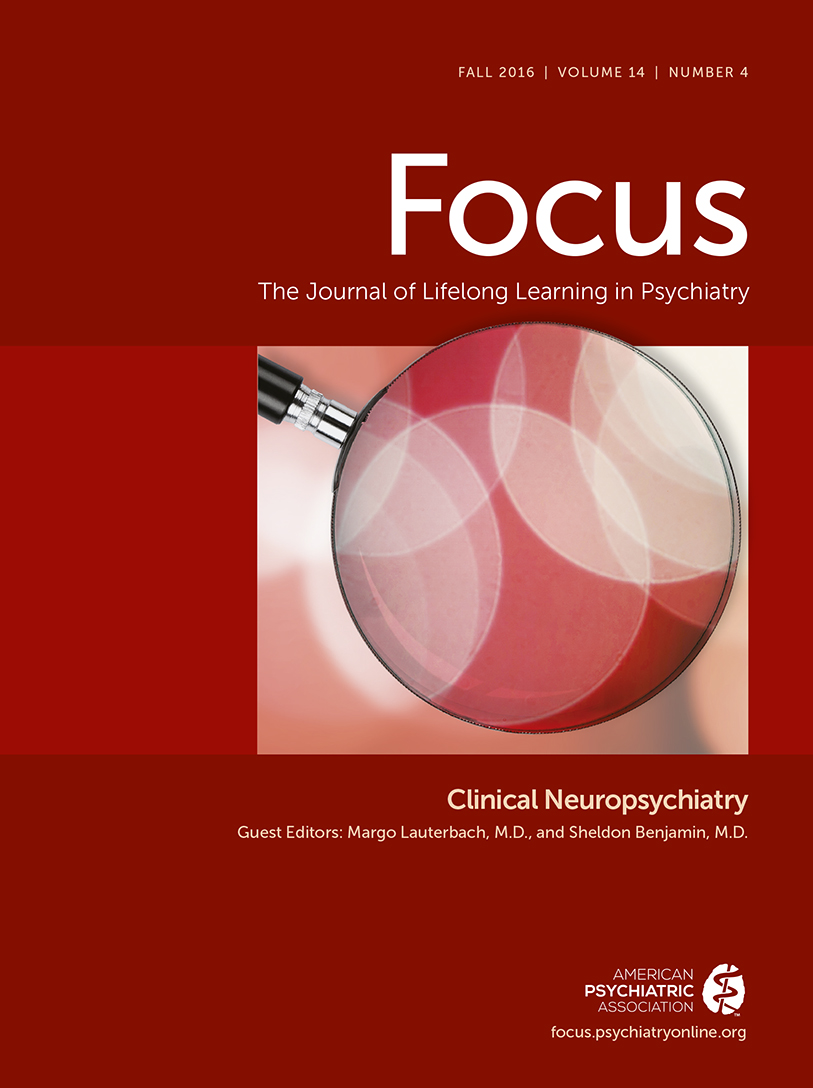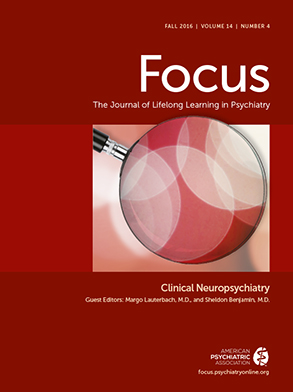Clinical Vignette.
Mr. Madison sat stiffly in the waiting room, staring unblinkingly ahead, his fingers shifting rhythmically in the classical “pill-rolling” movement. His wife sat next to him. She combed his hair, straightened his shirt collar, and then reached out and took his hand in hers. He looked over at her with a hint of a smile before his face returned to its previously dazed appearance. Dr. Rau observed them in the waiting room fleetingly. He unknowingly glanced down at his watch—he suspected this would take a while. He turned back toward his office, took a “deep cleansing breath,” and prepared to greet the couple as the receptionist called them to his office.
“Hello, Mr. Madison,” Dr. Rau said, as Mr. Madison shuffled into the office, his wife supporting him at the elbow. “I see you brought a lovely woman with you,” Dr. Rau added, as Mr. and Mrs. Madison took their seats.
Mrs. Madison smiled—“Yes, I’m Mary, his wife,” she told the doctor.
Dr. Rau shook both of their hands. Mr. Madison’s grip was firmer than expected. Dr. Rau pulled his chair up to be closer to him. “Mr. Madison, I’m glad you came to see me today. Before we get started, I just wanted to check on a few things that I ask all of my patients.” Dr. Rau waited until Mr. Madison’s eyes met his.
“Go on,” Mr. Madison barked, unexpectedly.
Dr. Rau then said, “First, I understand that this is your wife, Mary. Some of my new patients want their wives to stay, and some prefer that they not. Which do you prefer?”
“Are you going to talk to me about girly movies?” inquired Mr. Madison, a hint of a gleam in his eyes.
“I wasn’t planning on it,” Dr. Rau replied, somewhat confused.
“Well then, I guess Mary can stay,” Mr. Madison quipped. Mary laughed. Dr. Rau laughed too:
“You are quite the jokester, aren’t you, Mr. Madison?”
“Oh, you have no idea,” interjected Mary. “He’s embarrassed me a lot, this one,” she said in a lovingly teasing way.
“So, you’ve been a prankster pretty much all of your life, Mr. Madison?” Dr. Rau inquired.
“Oh, for Pete’s sake, will you just call me Frank like everyone else?” Mr. Madison blurted.
“Of course. Frank, what else do you like to do?” Dr. Rau inquired, with a hardly noticeable pause to collect himself. “Besides watch girly movies?”
“Yes, what do you like—besides girly movies, Frank?”
“Well, I used to be a welder. Pretty good money in it and I liked the guys. We’d go fishing. Mary and I used to like to go dancing, too. Do you know that we were homecoming king and queen back in the day?”
“That is really something! And you’ve been together all this time?” Dr. Rau queried.
“Ten years, isn’t it hon?” Mr. Madison asked his wife. It wasn’t clear if he was joking or couldn’t recall.
“So when was that, Frank?” asked Dr. Rau.
“1962,” Mr. Madison answered without a pause.
“Wow, how many years has that been?” Dr. Rau asked him.
“Oh, doc, your math is better than mine. Over twenty, though.”
Dr. Rau asked about what brought Frank to see him today. “Mary, of course!” Frank replied. Dr. Rau tried again: “What problem are you having that you came to see a doctor for today?”
“Oh—depression, of course,” Frank snarled. “With this Parkinson’s and all—can’t do anything I like to do. I feel like a bum, with Mary looking after me all day. What if she runs off with a handsome guy like you—then where am I?”
“You’ve been so active and independent all of your life—I can only imagine how hard it has been,” Dr. Rau said, his eyes kind. And just in case Frank was concerned about him he added, “I promise I won’t steal Mary. She is quite a terrific person, though—you are lucky.”
They then discussed collaboration with the neurologist, the primary care physician, and the physical therapist. They discussed sleep and appetite and safety. “Sorry, Frank, but I think it’s time to retire the old hunting rifle,” Dr. Rau pointed out.
“You think I’m gonna shoot myself, doc?” Frank blurted.
“Just want to be sure you don’t, Frank,” said Dr. Rau.
“I have to admit—I did think of it. You know, doc, you’re pretty good,” answered Frank.
“Thanks,” Dr. Rau smiled. “You know, Frank, I think you’re pretty good, too.”
They then set up a safety plan, and Dr. Rau initiated the informed consent process about possible antidepressant medication. Frank’s case manager was asked to help set up visiting nurse services, psychotherapy, and a community group activity plan for Frank and to arrange a time for his treaters to discuss his case. A next appointment was set for two weeks later to decide if medications would be initiated. Frank and Mary were given a concise summary of the diagnosis (depression), the treatment recommendations, the safety plan, and information about the antidepressant medication that was being considered.

